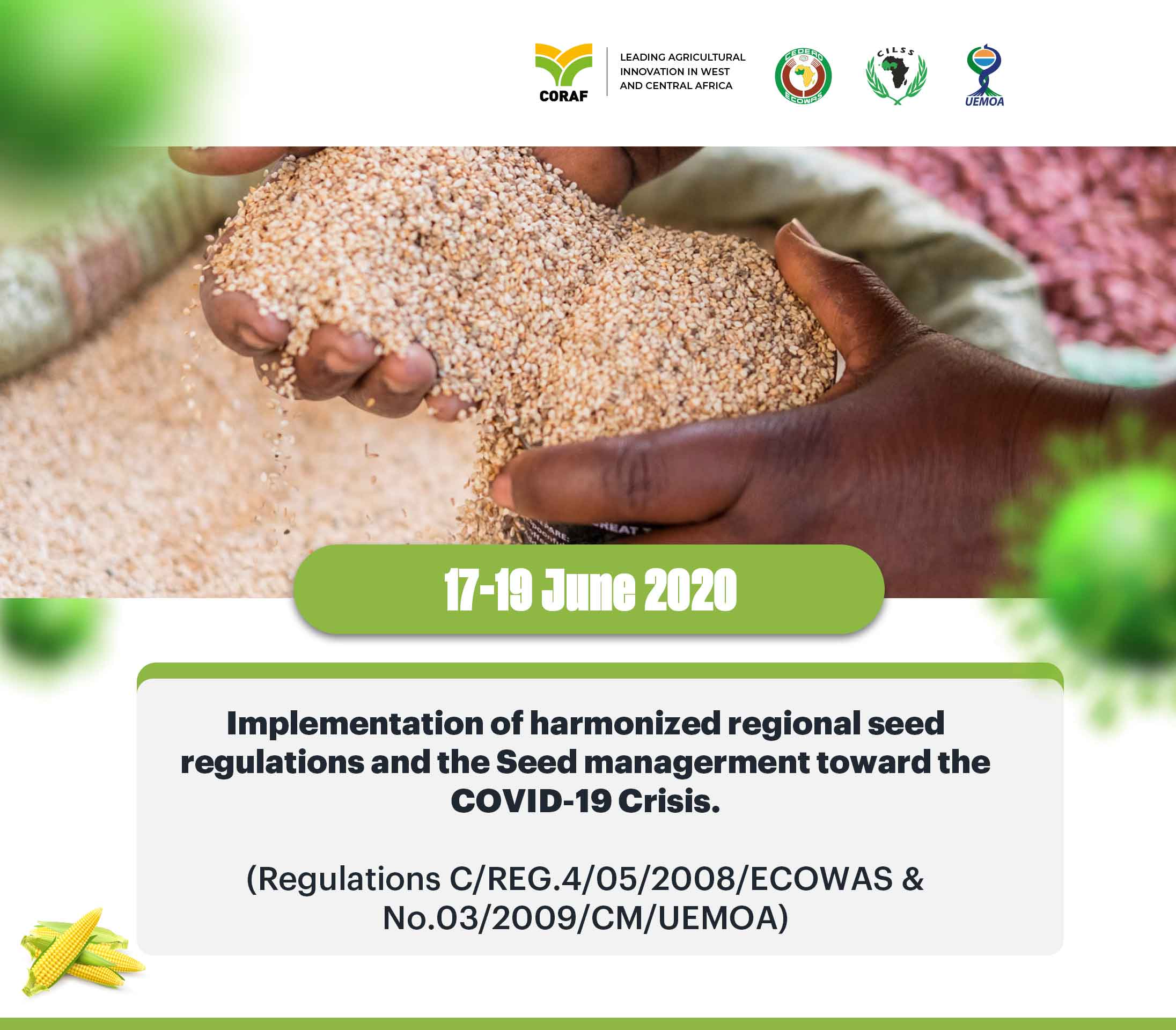Seed actors from 17 West African countries, including Chad and Mauritania, are meeting to examine the availability of breeder, foundation, and certified seeds in their respective countries as well as share knowledge on the actions taken by their governments to lessen the impacts of COVID-19 on the seed sector.
The three-day meeting (June 17-19, 2020) would also allow participants to discuss mechanisms for the collection and sharing of accurate seed data.
These virtual meetings are organized by the Partnership for Agricultural Research, Education, and Development (PAIRED) â an initiative of CORAF and funded by USAID West Africa. Representatives from ECOWAS, CILSS and USAID West Africa Regional Office also attended the meeting.
It will also be the opportunity for the actors to update each other on the implementation of the National Seed Sector Support Funds (SSSF) â one of the key provision in ECOWAS harmonized seed regulation.
How is COVID-19 Impacting the Seed Sector?
Border closures and other countriesâ lockdown measures to restrict the spread of COVID-19 have had an unintended effect of disrupting the flow of critical agri-inputs such as seeds.
Experts are now warning that if urgent steps are not taken, it might not only upset the current farming season but also exacerbate the ongoing food crisis in West Africa and the Sahel.
âEfforts should be made to ensure that long-standing and emerging challenges are addressed successfully. This is how you avoid disruption in production,â said Dr. Abdou Tenkouano, Executive Director of CORAF, during the opening of the meeting.
âCOVID-19 will not affect a single country. It is a regional and global challenge requiring appropriate regional cooperation and coordination. Unless measures are taken quickly to protect the seed sector, disruptions of the systems will likely lead to a food crisis,â argues Dr. Yacouba Diallo, an Agri-input Specialist at CORAF. He has spent the last decade working on the seed system in Africa.
CORAF is mandated by the Economic Community of West African States (ECOWAS), the West African Economic and Monetary Union (UEMOA) and the Permanent Interstate Committee for Drought Control in the Sahel (CILSS) to coordinate the agri-inputs sector in West Africa and the Sahel.
Read also :
 English
English
 Français
Français 
